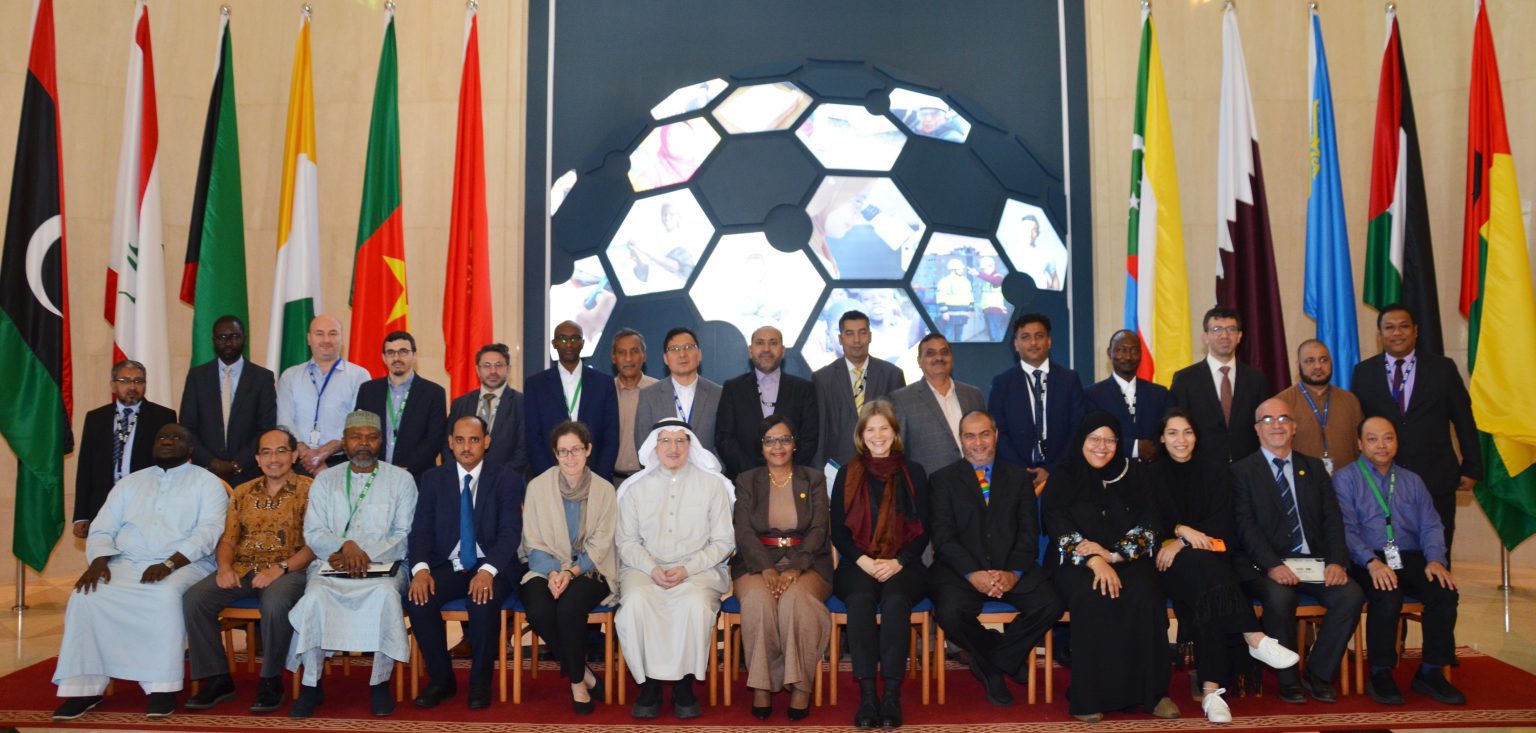Jeddah, Kingdom Saudi Arabia – The Islamic Development Bank Institute (IsDBI), Islamic Solidarity Fund for Development (ISFD), and Oxford Poverty and Human Development Initiative (OPHI) jointly organized a training workshop on measuring multidimensional poverty. The workshop was designed to build the capacity of IsDB Group staff in producing data-driven research that supports evidence-based policymaking.
The training was held on the 24-25 January 2023 at the IsDB Headquarters in Jeddah, Kingdom of Saudi Arabia.
Tackling poverty and building resilience is one of the strategic pillars of the new IsDB strategy. Hence, the importance of measuring and understanding multidimensional poverty not only to inform policymaking but also IsDB interventions.
The training focused on the meaning and application of the Multidimensional Poverty Index (MPI), developed by OPHI.
While poverty has traditionally been measured in terms of income, MPI captures poverty in its many forms, reflecting the depth and breadth of multidimensional poverty.
The global MPI is an internationally comparable measure of acute multidimensional poverty, developed and published by OPHI and the United Nations Development Programme since 2010. The measure includes information from more than 100 countries and is updated annually. The global MPI 2022 covers 41 of the 57 OIC countries.
The training was delivered by OPHI’s Director of Programs and Operations, Ms. Corinne Mitchell, and Research and Policy Officer, Ms. Alexandra Fortacz.
Day one of the training raised awareness about the value-added of multidimensional poverty measures and increased understanding of Multidimensional Poverty Indices and their advantages in poverty efforts for the IsDB Group. Day two focused on the technical aspects of computing and analyzing an MPI.
In their separate speeches at the opening of the workshop, IsDBI Acting Director General Dr. Sami Al-Suwailem and ISFD Director General Dr. Hiba Ahmed underscored the significance of understanding multidimensional poverty measurement in order to enable IsDB Group to tailor its development policies and programs.
Dr. Al-Suwailem noted that the workshop “will enable us to acquire and improve our skills in measuring poverty statistics, to eventually produce, interpret, and apply multi-deprivation evidence in shaping our thinking, policies, and interventions.”
Dr. Hiba Ahmed, for her part, said the partnership among the three institutions “will not only provide us with evidence to guide our policies and interventions but will also build our capacity to undertake poverty interventions tailored to the needs of our member countries.”
IsDBI, the knowledge beacon of the IsDB Group, develops knowledge-based solutions to tackle member countries’ pressing development challenges. ISFD is the poverty alleviation arm of the IsDB Group. The two organizations have been working with OPHI as part of a wider collaboration with the IsDB Group.
Over 40 staff from the various IsDB Group entities attended the training sessions.




